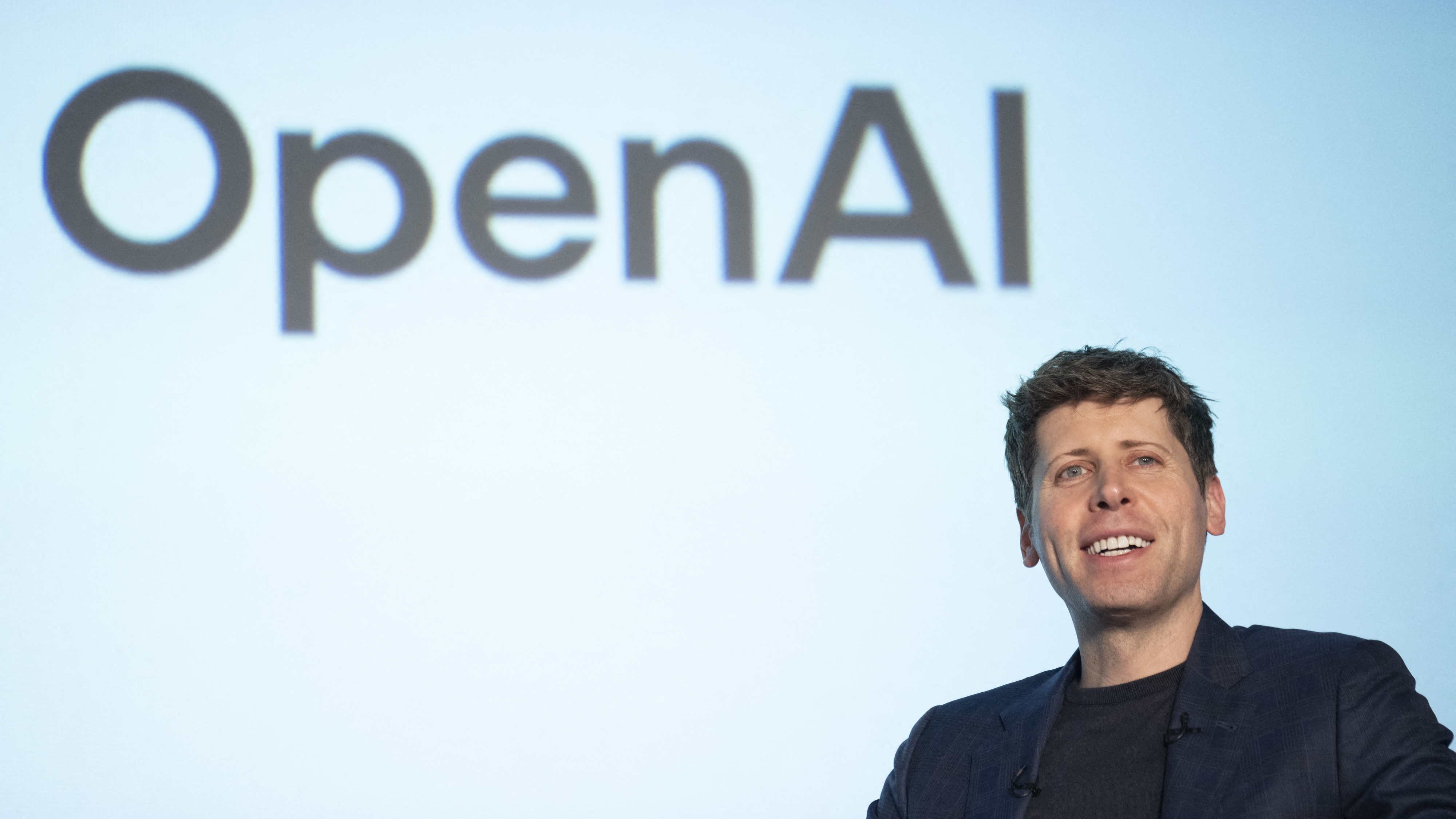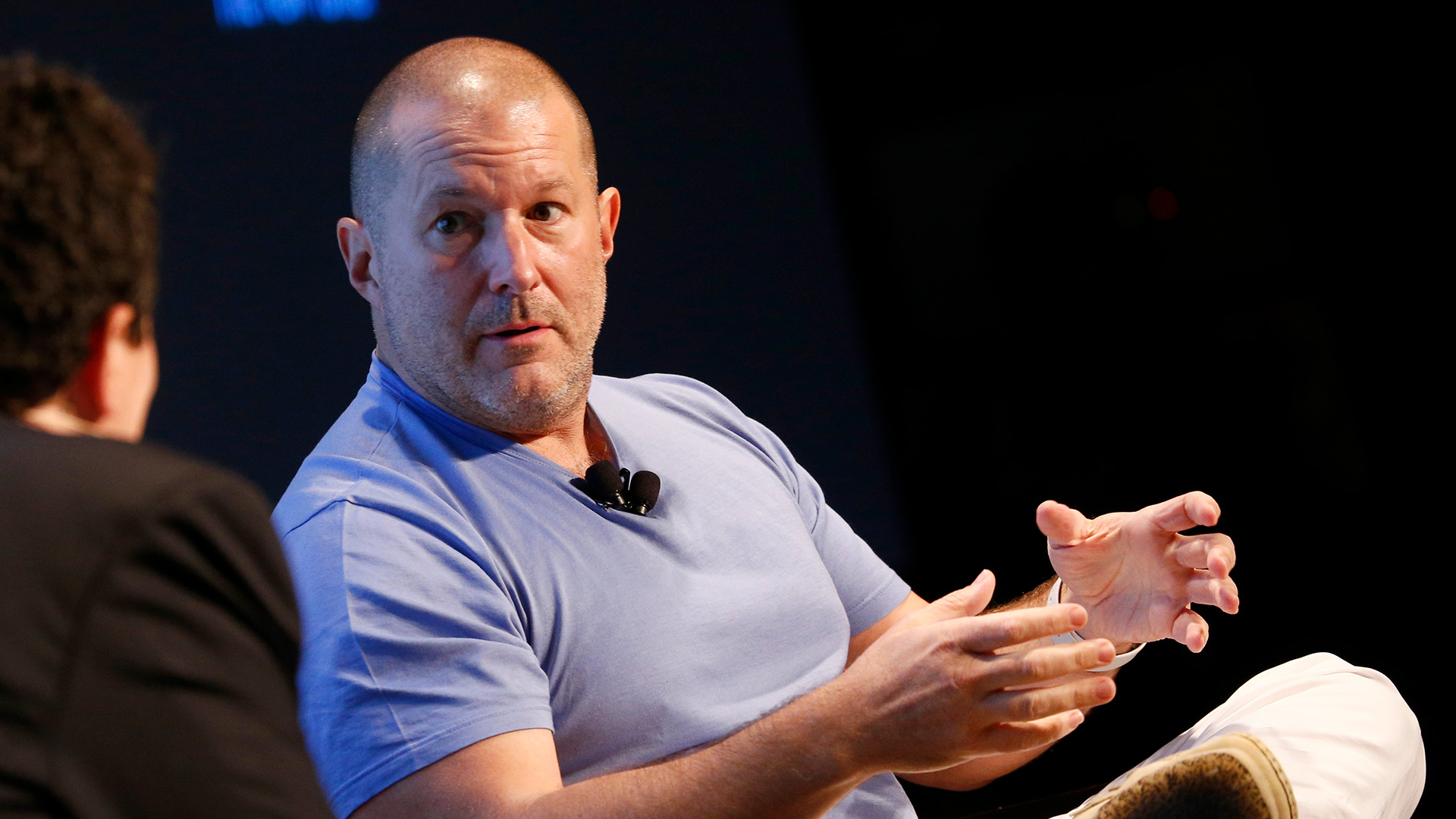
With the rapid prevalence of generative AI, it's increasingly becoming a major concern whether today's hardware will be able to support next-gen artificial intelligence technology. Google CEO Sundar Pichai recently indicated that it's next to impossible to achieve coveted benchmarks like AGI (artificial general intelligence) with today's systems.
Last year, OpenAI CEO Sam Altman claimed that the AI revolution won't require a new piece of hardware. However, he indicated that if it does, users will be "happy" to have a new device anyway.
Shortly after, the executive indicated that he was confident in his team's capabilities to build toward AGI, further revealing that the company was shifting its focus to superintelligence amid tussles with Microsoft over its for-profit evolution and cloud computing insufficiencies.
Now, OpenAI's CEO says that "current computers were designed for a world without AI." This potentially suggests that users will need to buy new devices in the foreseeable future as the world becomes more AI-driven and the technology gains broad adoption across the world (via vitrupo on X).
Sam Altman says "computers were designed for a world without AI. Now we're in a very different world."The OpenAI-Jony Ive device will be a trusted AI that understands your life context and acts with your judgment on your behalf.From tools we control to ambient proxies that… pic.twitter.com/sQAuPzghdJJune 18, 2025
"Computers, software, and hardware, just the way we think of current computers were designed for a world without AI. And now we're in like a different world, and what you want out of hardware and software is changing quite rapidly."
Altman claims that a user's software and hardware needs are likely to change as AI becomes more prevalent, with a move towards "something that's way more aware of its environment and that has more context in your life."
A hint on the OpenAI x Jony Ive collab?

Sam Altman says users may want to interact with software and hardware in a different way, other than typing and looking at a screen, once the AI revolution gets here.
The executive revealed that OpenAI has been exploring this avenue and has come up with a couple of ideas that they are excited about. However, he says it will take a little bit of time for people to adjust to what it means to use a computer in an AI-driven world because it is so different, including trusting the technology to understand all the context of your life and make good judgments on your behalf.
This news comes after former Apple lead designer Jony Ive joined OpenAI to lead its design efforts and possibly help develop the rumored device that could lead to the biggest tech disruption since the iPhone launched in 2007. The ChatGPT maker also acquired the designer's AI device startup, io, for $6.5 billion.







